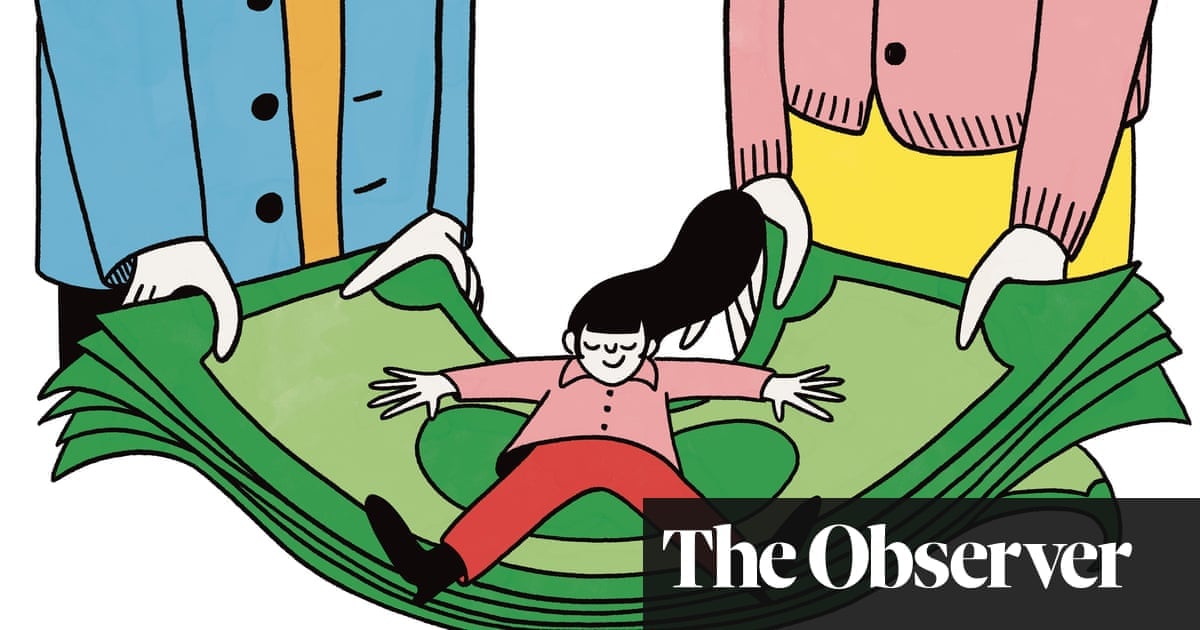- cross-posted to:
- world@lemmy.world
- cross-posted to:
- world@lemmy.world
Summary
The “Bank of Mum and Dad” drives modern inequality, fostering an “inheritocracy” where family wealth shapes opportunities over individual merit. This safety net often undermines social mobility, tying success to inheritance rather than personal effort.
Rising housing costs, wage stagnation, and unequal inheritance have entrenched this dynamic, with parental support shaping life milestones like homeownership, career paths, and education.
While early inheritances advantage some, the burden of social care costs threatens others’ expectations.
This growing reliance on family wealth exacerbates inequality within and across generations, highlighting the need for a broader societal conversation about privilege and fairness.



Remember, it is not the super wealthy billionaires driving inequality, it is the middle class parents who (checks article) let their kids stay at home when saving money. It is not speculative real estate investors driving up home prices, it’s your friend getting help on a down payment from family.
Everyone around you who has something you want but cannot afford is clearly the beneficiary of a corrupt system of inequality of which you are a victim…
I think that not being able to get ahead without parental help is explicitly a symptom of that.
That’s the symptom, but the middle class isn’t the disease.
Correct. I’m not sure the article writer would disagree.
Upward mobility with the help of family has generally been viewed as common or normal in any family that could afford to do so IMO. Doesn’t matter if it was a car, used or new, to get a young person on the way to independence, paying for some or all of college, or chipping in for a first house.
Must be a slow news day to attack that.
The problem is the rising costs making that family assistance more exclusive while the rest get loans from banks.
Correct. But it’s easier to assemble and publish an editorial about discrete symptoms than a manifesto on core societal ills.
removed by mod
removed by mod
Did the article say it’s “not the super wealthy billionaires driving inequality” or did you just add that?
It’s good to talk about ALL drivers of inequality, don’t you think? The article is correct to point out that in today’s economy, if you don’t have your parents support, you have many fewer opportunities. That is a systemic issue that society should try to rectify.
That sounds more like a symptom of inequality than a driver of it. That people with sufficient family support aren’t yet as under water as people without doesn’t mean they’re driving inequality. If anything “people with support survive better” is too basic to write an article about.
Similar to how BP popularized a personal carbon footprint to distract from systemic problems with the oil industry, focusing on the people that still manage to eke out a middle class living as “part of the problem” is like myopically studying why a particular tree hasn’t burned yet during a forest fire.
It is both. It is a symptom of the inequality that my parents suffer and a driver of mine. Generational poverty is terrible for a society.
I think some people are reading an attack where none is meant. The article isn’t chastising people for helping their kids. It’s pointing out that that help is necessary now in ways that it was not before.
The article is “people cannot excel without support and if we like to imagine ourselves as a meritocracy we need to fix that”.